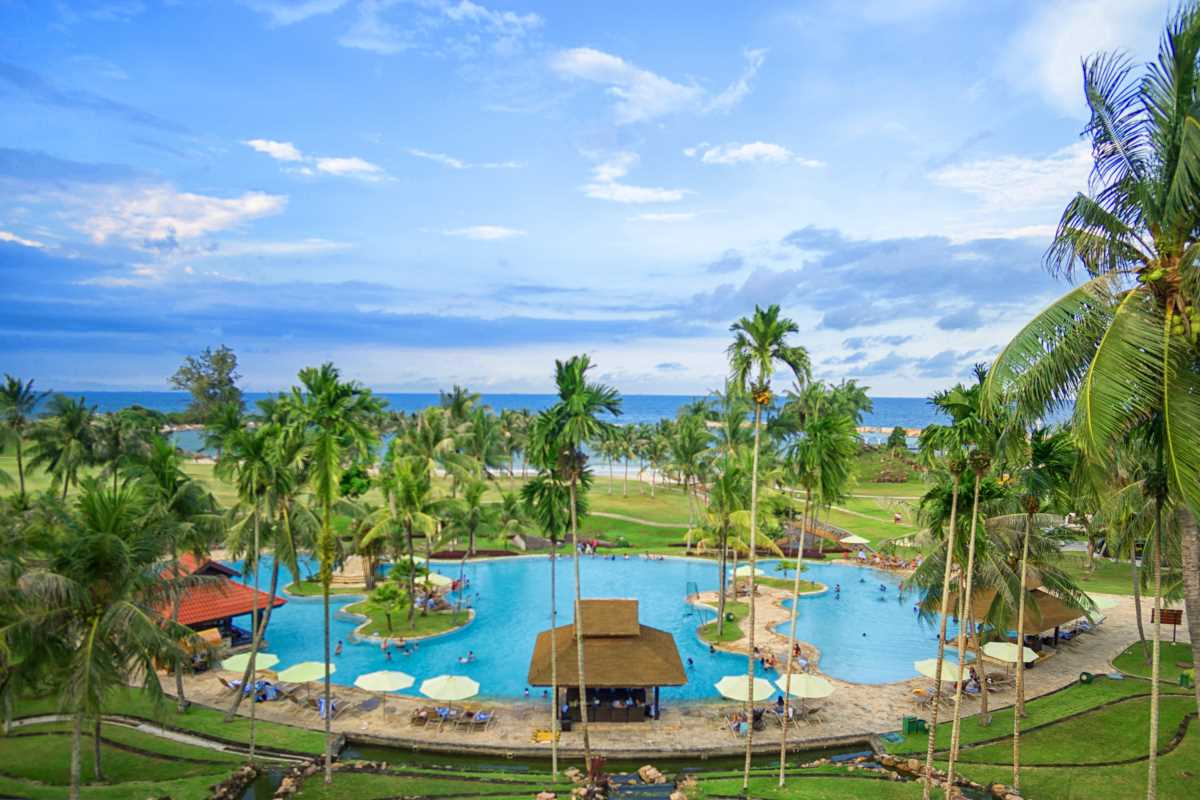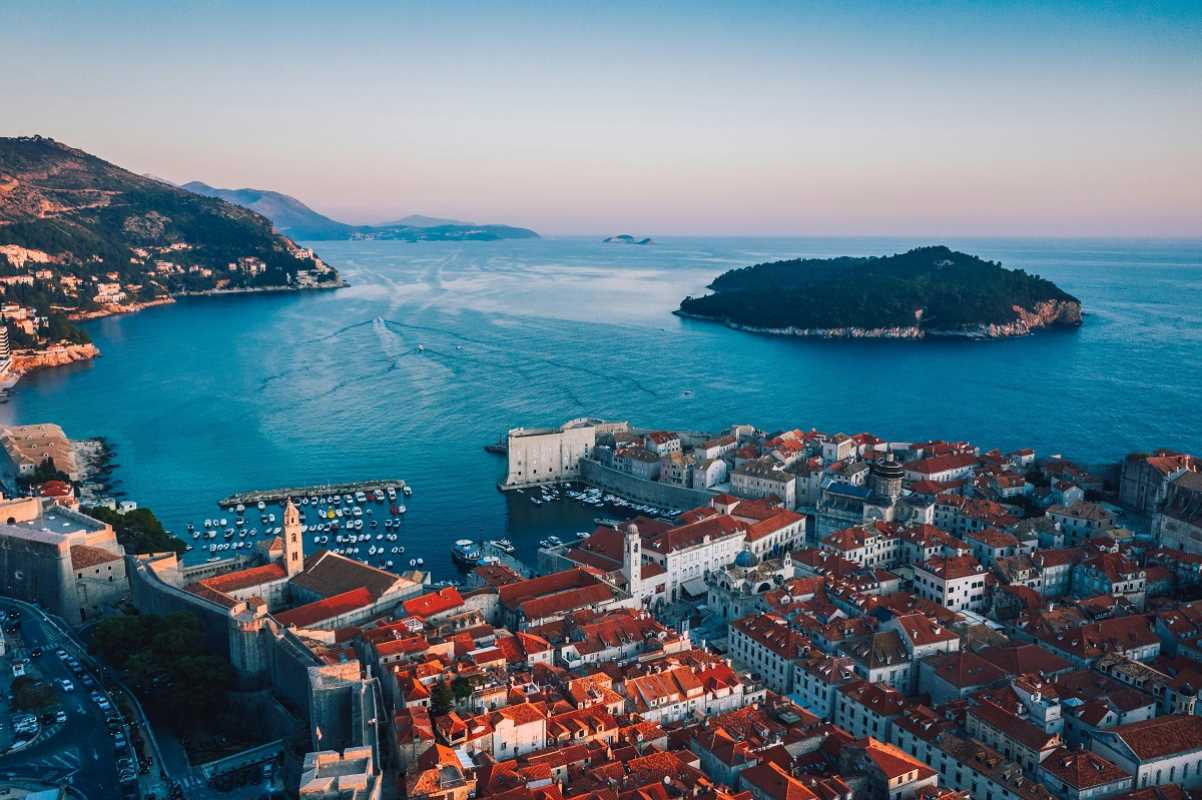Cyprus, an island at the crossroads of Europe and Asia, showcases a rich tapestry of cultures and histories. Despite its small size, Cyprus hosts distinct communities that have developed separately over centuries. This cultural divide is not just historical but also manifests in the daily lives of its inhabitants, creating a unique dynamic that both residents and visitors navigate continually.
Historical Background of Cyprus' Divide
The division of Cyprus roots itself in a complex history marked by periods of foreign rule, inter-communal tensions, and conflict. In the early 20th century, British administration governed Cyprus, and tensions between the Greek Cypriot majority and the Turkish Cypriot minority escalated over time. The intercommunal violence of the 1960s and the Turkish invasion of 1974 were pivotal events that solidified the island's division. These historical developments left enduring legacies, shaping the cultural and political landscape of Cyprus today.
The island remains split between the predominantly Greek-speaking south and the Turkish-speaking north, separated by the United Nations Buffer Zone. This division not only fragmented families and communities but also influenced the cultural practices, languages, and traditions of the respective groups. Understanding this historical context proves essential to appreciating the complexities of Cyprus' present-day cultural divide.
Cultural Dynamics: Bridging Communities
- Language and Communication: Greek and Turkish serve as the dominant languages, reflecting the island's primary communities. English also enjoys widespread use, especially in tourist areas.
- Cuisine: While both communities share Mediterranean culinary influences, distinct flavors and traditional dishes highlight their unique cultural identities.
- Festivals and Celebrations: Both Greek and Turkish Cypriots celebrate their own national holidays and religious festivals, each featuring its own customs and traditions.
- Architecture and Heritage Sites: The island features a blend of architectural styles, from ancient ruins to modern structures, showcasing the diverse historical influences.
- Music and Dance: Traditional music and dance forms vary between the communities, yet shared rhythms and instruments resonate across cultural lines.
Personal Stories: Living Between Two Worlds
Living on the divided island, individuals often navigate a dual identity, balancing the influences of both communities. For example, Anna Georgiou, a Greek Cypriot residing in Nicosia, shares her experiences of participating in cultural events organized by both the Greek and Turkish communities. She highlights the challenges and rewards of building mutual understanding and respect amid lingering tensions.
Similarly, Mehmet Ali, a Turkish Cypriot from Famagusta, recounts his efforts to preserve cultural traditions while embracing modernity. His story illustrates the personal dimensions of the island's division, where everyday life intertwines with historical narratives and cultural resilience. These personal experiences emphasize the human aspect of Cyprus' cultural divide, revealing the complexities and opportunities for unity.
Impact on Tourism
Tourism plays a significant role in Cyprus' economy, attracting visitors drawn by its scenic beauty, historical sites, and vibrant culture. The cultural divide can influence tourist experiences, requiring visitors to remain mindful of local sensitivities. Understanding the nuances of the cultural divide proves essential for respectful and enriching interactions with both communities.
Tourists often seek to explore both the Greek and Turkish sides, each offering unique attractions and cultural experiences. The island's division necessitates awareness of regional dynamics, including historical contexts and current political climates. By acknowledging and respecting these differences, visitors can contribute positively to local communities and gain a deeper appreciation of Cyprus' multifaceted cultural landscape.
Experiencing Cyprus Respectfully
- Educate Yourself: Learn about the history and cultural backgrounds of both Greek and Turkish Cypriots to better understand the island's diversity.
- Respect Local Customs: Observe and adhere to local traditions and societal norms, whether visiting religious sites or participating in community events.
- Support Local Businesses: Patronize establishments owned by both communities, such as restaurants, shops, and artisans, to promote economic integration.
- Engage with Locals: Interact with residents from different backgrounds to build mutual understanding and break down cultural barriers.
- Be Mindful of Sensitive Topics: Avoid discussions that may be politically charged or culturally sensitive unless you have established trust and understanding.
- Embrace the Diversity: Celebrate the island's rich cultural life by experiencing the varied cuisines, arts, and festivals that highlight the strengths of both communities.
Cyprus is a destination rich in culture and history, shaped by its past divisions and ongoing efforts toward unity. Visiting this beautiful island offers an opportunity to experience its unique cultural landscape while fostering meaningful connections. By approaching your travels with curiosity, respect, and awareness, you can contribute to building harmony and understanding within the community.
 (Image source: Inuvo / DSR)
(Image source: Inuvo / DSR) 





